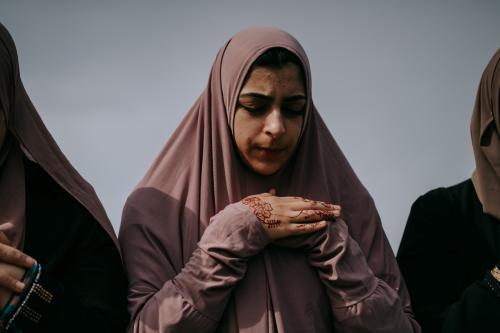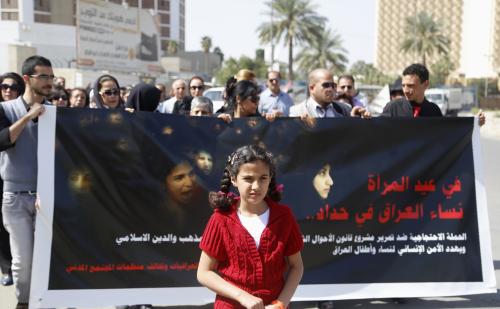Peter Mandaville and Shadi Hamid, both experts in the Project on U.S. Relations with the Islamic World at Brookings, discuss their new paper, “Islam as statecraft: How governments use religion in foreign policy.” Their research focuses largely on how both Saudi Arabia and Iran employ Islam as a soft power tool in the conduct of their foreign policy, and also touches on case studies including Morocco, Jordan, Turkey, and Indonesia. Also in this episode, demographer Bill Frey, a Metropolitan Policy Program senior fellow, discusses new U.S. Census Bureau data on the declining U.S. population growth rate.
Related content:
Islam as statecraft: How governments use religion in foreign policy (paper)
Islam as statecraft: How governments use religion in foreign policy (event)
The future of religion and U.S. foreign policy under Trump
The case for engaging religion in U.S. diplomacy
Islamism after the Arab Spring
Islam: A conversation with Shadi Hamid
US population growth hits 80-year low, capping off a year of demographic stagnation
Subscribe to Brookings podcasts here or on iTunes, send feedback email to [email protected], and follow us and tweet us at @policypodcasts on Twitter.
The Brookings Cafeteria is part of the Brookings Podcast Network.






Commentary
PodcastHow Saudi Arabia and Iran use Islam in foreign policy
January 11, 2019